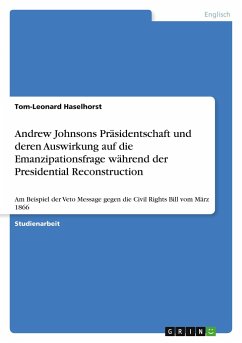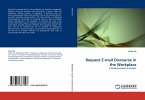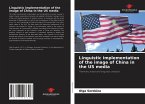This study deals with the influence of ideology on political discourse, in terms not only of content but also of form and interaction, defining ideology in the broadest sense of basic beliefs shared by members of a group and understanding political discourse to be a class of genres defined by a social domain, namely that of politics. As a case study President Barack Obamäs presidential speeches addressing the Middle East were analyzed as an attempt to decipher the ideological manifestations of inclusion and exclusion underlying the US foreign policy towards the Middle East adopting Teun Van Dijk¿s framework of the ideological square. The results show that the speeches, when compared with the actions, show a great deal of inconsistency, which justifies the fact that Obamäs policy of change with regards to the Middle East is illusionary, thus, decreasing global credibility in the U.S. administration.
Hinweis: Dieser Artikel kann nur an eine deutsche Lieferadresse ausgeliefert werden.
Hinweis: Dieser Artikel kann nur an eine deutsche Lieferadresse ausgeliefert werden.








